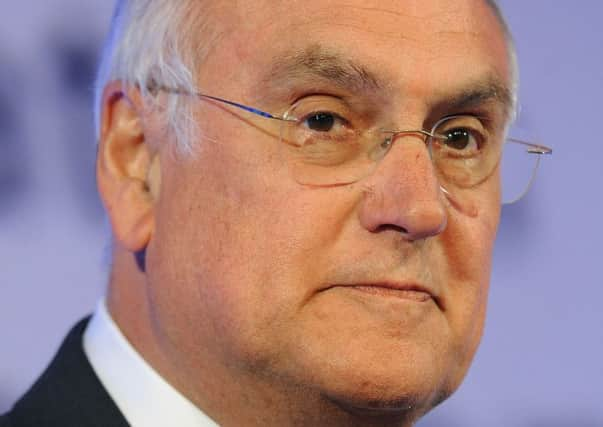Select committee to question Ofsted chief on inspections


The Education Select Committee hearing will also cover the performance and role of Ofsted amid speculation about the organisation’s future.
Ofsted produced national and regional reports earlier this month which warned that while primary schools were forging ahead the rate of improvement in secondary education was grinding to a halt.
Advertisement
Hide AdAdvertisement
Hide AdThe regional report for Yorkshire and the North East showed that young people growing up in Yorkshire are less likely to go to a good school than those anywhere else in the country. One third of pupils aged 11 to 16 in Yorkshire go to a school which is rated as being less than good by Ofsted. There are now around 170,000 pupils nationally at secondary schools rated inadequate - the lowest Ofsted rating available, the chief inspector’s report said.
This is up by 70,000 compared with two years ago.
Nationally the proportion of secondaries rated as inadequate has risen in the last 12 months, with over 50 more schools now in special measures than there were a year ago, according to Sir Michael.
He said primaries continue to improve because school leaders are focusing on the basics, such as the quality of teaching, behaviour and communicating with parents and the local community.
Schools that are failing often do so because they have not got the “essentials” right, the chief inspector suggested, and suffer from “indifferent” teaching and poor behaviour. However school leaders rejected Sir Michael’s claim that standards in secondary schools had stalled.
Advertisement
Hide AdAdvertisement
Hide AdBrian Lightman, the general secretary of the Association of School and College Leaders said Of Sir Michael’s comments had failed to take into account that 16-year-old’s performance at GCSE is “effectively capped” by the use of comparable outcomes which has prevented grades from increases from year to year. Ofqual uses the past achievement of a year group to determine what the spread of GCSE results is expected to be.
The system has been credited with bringing an end to grade inflation.
However critics say it unfairly prevents results from being able to improve overall from one year to the next - regardless of the quality of the work.